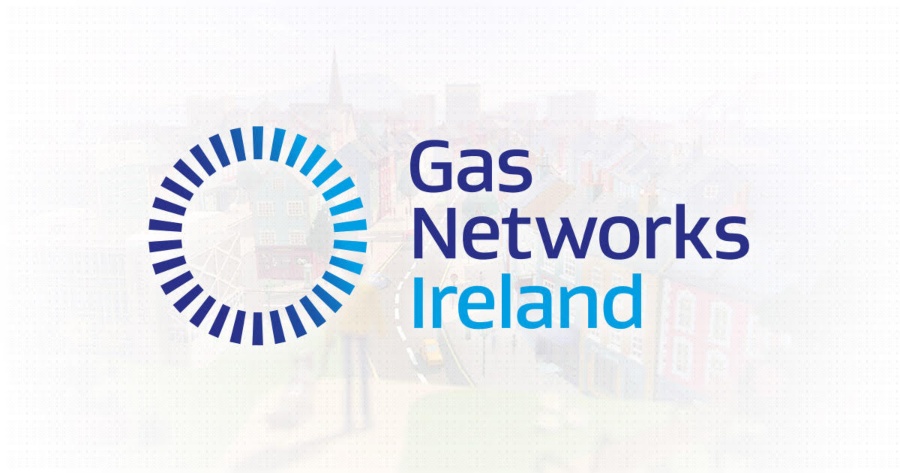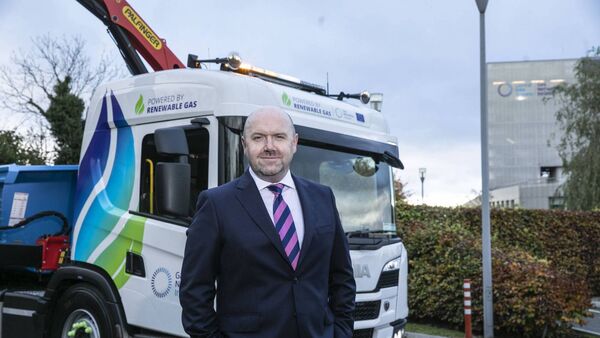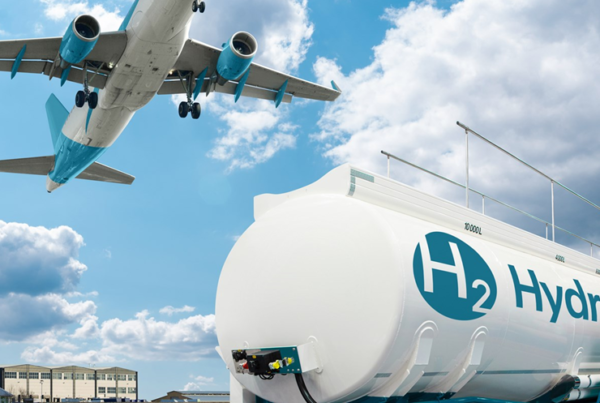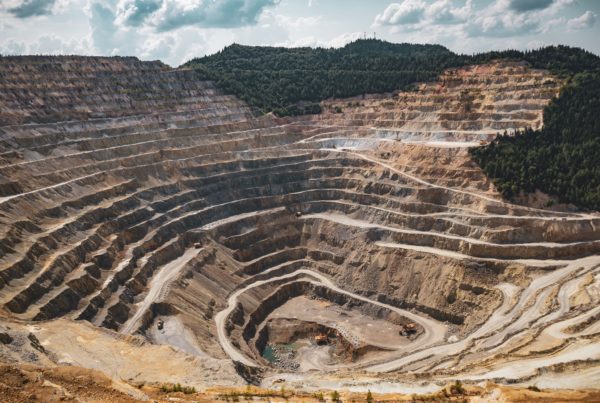
Irish energy autonomy: “Our vision is to replace natural gas with renewable gases, such as biomethane and hydrogen, and further enhance Ireland’s energy security”

David Kelly, director of customer and business development at Gas Networks Ireland (GNI).
Navigating a national energy path away from imported gas to home-produced hydrogen is vital to protecting jobs in call centres, pharma manufacturers, universities and other high-employment industries, says one industry leader.
“The country needs a lot of gas to produce energy for data centres, pharma and other industries, who are coming to us to get their power, which is created from gas,” said David Kelly, director of customer and business development at Gas Networks Ireland (GNI).
“This is a very buoyant time in the Irish market. The economy is at a point where it is growing. We’re seeing a huge rise in demand, despite all the challenges with global events.”
The Russian invasion of Ukraine has heightened a long-running discussion around Ireland’s need for greater energy autonomy, with a particular focus on sourcing this energy from renewable sources. Naturally, with the importation of Russian gas now problematic, that debate is also snowballing in other EU member states.
“Ireland’s €2.7bn, 14,617km national gas network is considered one of the safest and most modern gas networks in the world and is the cornerstone of Ireland’s energy mix. Our vision is to replace natural gas with renewable gases, such as biomethane and hydrogen, and further enhance Ireland’s energy security,” Mr Kelly said.
“The ongoing conflict in Ukraine has brought the topic of energy security and the safe supply of energy to the fore, resulting in both the Government’s recently published National Energy Security Framework and the European Commission’s new REPowerEU plan both calling for the reduction of dependence on Russian fossil fuels by diversifying gas supplies and speeding up the roll-out of renewable gases.
“Gas Networks Ireland strongly supports this ambition, which will help to substantially reduce Ireland’s carbon emissions while ensuring a secure energy supply, in the least disruptive most cost-effective manner.”
Hydrogen, which is odourless and emits zero carbon, is also a natural replacement for LNG in Ireland’s energy mix. In Ireland, leading national and private companies are sharpening their focus on renewable energy projects.
For GNI, key among these will be scaling up ‘green’ hydrogen produced from offshore wind projects. Home-produced and renewable, it will be stored on the energy grid (removing the debate around storage of LNG), with potential oversupply available for export.
“In recent years, we have seen a rise in investment in developing green hydrogen driven from wind and solar projects, energy output that can be stored on the grid,” said David Kelly. “Investments like ESB’s off-shore wind project near Moneypoint are vital for the future of Ireland’s energy sector.
“A good proportion of these offshore wind projects will be geared towards producing green renewable hydrogen. There is a lot of demand from call centres, pharma and life science companies and big student campuses, all looking for extra gas.
“It is all about jobs really. Ultimately, Ireland’s need to be more energy self-sufficient is all about safeguarding industries and protecting jobs. For us, the No1 agenda is to transform that dependence from gas to green hydrogen.”
To this end, GNI is following the journeys of other jurisdictions, notably the UK, which has invested heavily in green hydrogen and its storage on its national energy grid.
GNI is also engaging in a range of partnerships at home. The latest of these is NextSys. The NexSys research programme is examining whether energy system integration can help Ireland achieve its climate action targets, as well as looking at how energy systems should evolve.
Led by the University College Dublin Energy Institute (UCDEI), NexSys (Next Generation Energy System) is a new €16m strategic partnership which will examine how to holistically decarbonise the Irish energy sector.
GNI, operator of Ireland’s national gas network, is one of nine industry co-funding partners, who together with nine academic institutes are as part of NexSys, working to deliver a more cost-effective energy system on Ireland’s net-zero transition.
GNI’s chief executive, Cathal Marley, said: “Climate change is an urgent global challenge, and we are committed to playing a central role in Ireland’s low carbon transition by decarbonising the gas network in line with Irish and EU environmental policy.
“The country needs a ‘whole of energy’ approach to the future. We need to stop seeing gas and electricity as separate and look at how to decarbonise the end-to-end energy system, not just individual fuels. As Ireland’s gas network is one of the most modern in the world, there’s a ready-made solution right under our feet.
“The gas network can be repurposed to carry decarbonised gases, such as biomethane and hydrogen, at minimal cost and disruption, and in turn play a critical role in an integrated gas and electricity system to decarbonise the country’s energy needs.”
This is not the first time that GNI has worked with UCDEI, having been one of the industry partners on the Energy Systems Integration Partnership Programme (ESIPP) which ran from 2014-20.
SOURCE: Irish Examiner
Read the most up to date Fuel Cell and Hydrogen Industry news at FuelCellsWorks




